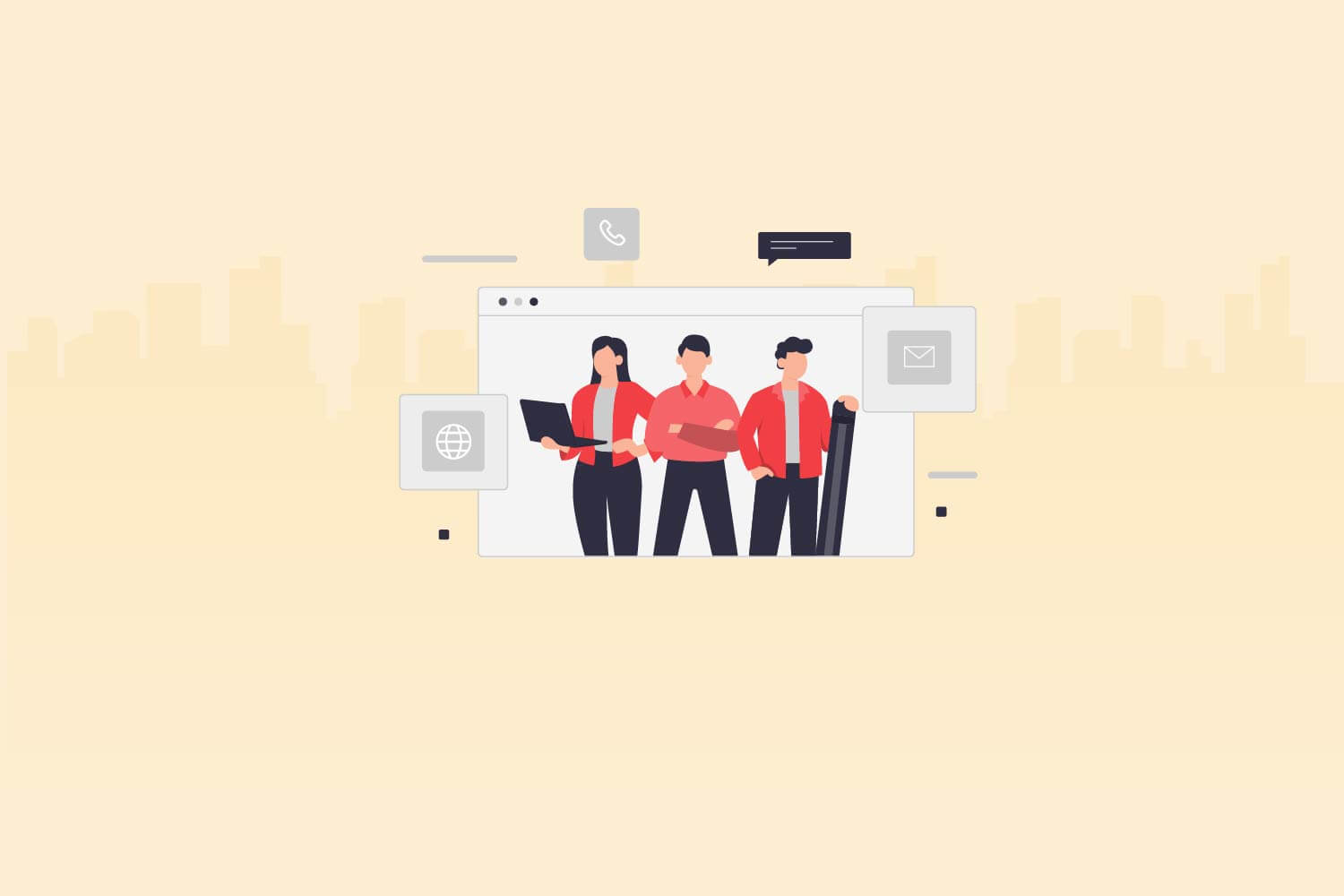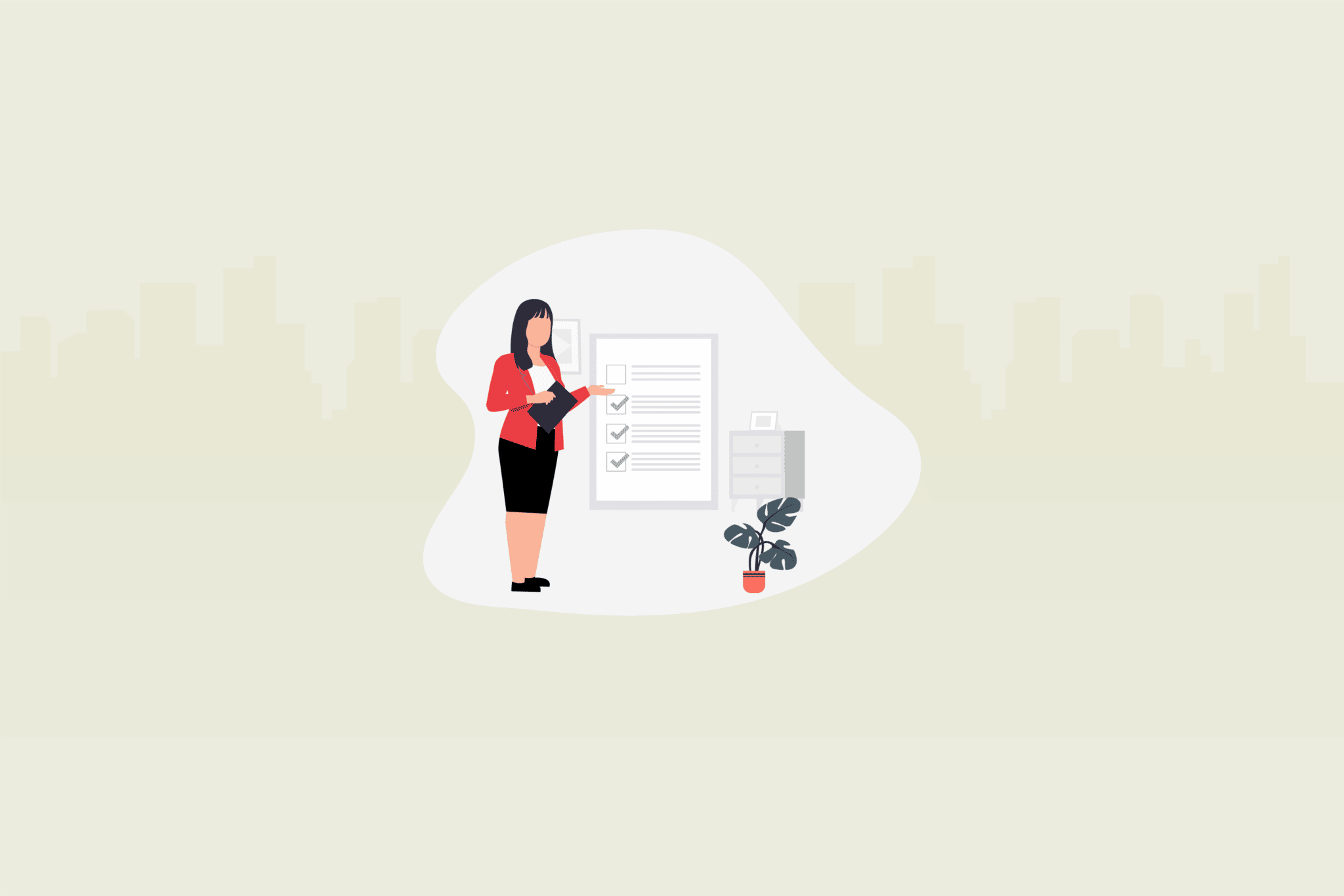Honest deceit is a skill that anyone can master with consistent practice. It becomes increasingly difficult, even for the most astute observers, to discern whether an interviewee is being entirely forthright with them after a particular point. Consequently, businesses have a hard time finding the best candidates using traditional interview techniques. I think it’s time we turned the difficulty up a notch. Envision a distant recruitment drive taking place in the actual world, with hundreds of applicants competing for just a handful of available positions. Recruiters find it extremely difficult to tell if a candidate’s on-screen personality traits are their own or if they are borrowed. In response to these problems, various personality tests were developed to help find the best candidates. In today’s job market, most companies rely on the Big Five personality test.
History of personality tests
Phrenology, one of the first methods of assessing a person’s character, developed in the late 18th century and gained widespread acceptance in the 19th. This method relied on measuring certain bumps on the human skull and attributing them to personality traits.
Psychologists then tried to count the number of distinct personality traits. One such person is Gordon Allport, who put the number at almost four thousand. Using factor analysis, a statistical method, psychologist Raymond Cattell reduced the original list to sixteen distinct personality traits, while Hans Eysenck reduced it to three.
The Big Five theory is among the most widely used frameworks for understanding personality today. Per this school of thought, there are five main components to a person’s personality: agreeableness, openness, neuroticism, conscientiousness, and extroversion.
Why employers use personality tests for job interviews
Due to the high cost and time commitment associated with onboarding, employers should take great care in screening prospective employees. The average employee stays with their firm for 4.1 years, so it’s in everyone’s best interest to put effort into selecting the right person.
You can’t tell much about a candidate’s potential fit just by interviewing them. Personality tests are seen by some businesses as a way to gain a little more insight when hiring.
Naturally, there is a wide range in the reliability and quality of personality tests. On the other hand, many candidates distort the findings by providing responses they think are “right” rather than being honest.
That doesn’t mean we think all personality tests are reliable and practical. Indeed, some are utterly mistaken. If you are requested to take one, it’s wise to know what to expect and why your employer is utilizing it.
The Big Five personality test is a great tool to have on hand during job interviews for the following reasons:
You want to know if you’ll fit in with the company’s culture
Every business has its own unique culture, and some hiring managers put a premium on finding out if your character meshes well with theirs.
For example, a more casual and easygoing work environment might not be the best fit for someone really serious. Similarly, a more strict business workplace might not be the best fit for someone who prefers a more relaxed atmosphere.
It seems implausible that their goal is to have everyone conform to a rigid personality type in this situation. On the contrary, they are probably just looking for a general idea of your work preferences and ideals.
To determine whether you would be an asset to the team or position
An organization may employ a Big Five personality model test to ascertain whether an applicant possesses the appropriate demeanor for a specific job role.
This is a common occurrence in sales positions. The sales industry isn’t for everyone because of the constant rejection and pressure to reach quotas. Even if you don’t have any prior sales experience, a manager can still gauge your potential with an assessment.
To learn how to express yourself
In every workplace, effective communication is a must. When you’re applying for a position that requires you to interact with customers or upper management, your communication style could be a deciding factor. They hope that by taking this test, they will have a better sense of your communication style, dispute resolution preferences, and teamwork abilities.
Using the big five personality model: tips
Do you think your company may benefit from administering the Big Five? Next, we’ll go over some best practices for administering this test to prospective employees and clients.
Let your interlocutor have some time to complete the test.
Rushing through the Big Five personality test is pointless because of how unreliable the results will be in this particular situation. Your interlocutors should not spend too much time considering the test questions and their replies, as you have indicated. Remember that overthinking likewise lowers the probability of obtaining trustworthy responses.
Two, pick a trustworthy exam.
The Big Five personality test is a personality test that is offered by a lot of different companies. There isn’t a silver bullet for every business. To ensure a high-quality exam, it is recommended to select a trustworthy and validated test administered by an unbiased third party. Only by a thorough evaluation can one get an accurate depiction of a person’s character traits, hence this is crucial.
Discuss the test
Is there a current employee or a contender for a vacant post that you have administered an exam to? Next, we must address the exam. While the study findings themselves are intriguing, it would be far more fascinating to read someone’s thoughts on the subject. Inquire as to whether they relate to or agree with the findings, for instance. You should probe further and find out why your interlocutor is behaving in this way. How does this make them feel? Do you think this is correct?
You can have a better understanding of your interlocutors’ character by inquiring about their Big Five personality test findings. Because of this, the personality model becomes even more useful for HR managers like you.
Benefits of the free Big 5 Personality Test
There are several benefits to taking the free Big Five personality test, and they can all have an effect on your life at work and at home. A closer look at a few of the benefits of taking the exam is this:
Gain insight into your personality traits
Taking a Big Five personality test might help you understand yourself better by revealing your dominant personality traits.
Your behavior, interactions, and decision-making can be better understood by gaining insight into your unique combination of qualities. In the long run, this will help you achieve more success and happiness in both your personal and professional lives by allowing you to make better decisions.
Determine where you can improve yourself
The ability to gain insight into where you stand in terms of personal development is yet another major perk of doing a big five personality test. You may grow as a person and achieve more success if you take the time to assess your strengths and shortcomings and work to improve your weaker areas.
Improve communication and relationships with others
One other way to become a better communicator and social person is to take a Big Five personality test. More effective communication and stronger relationships can be yours when you take the time to understand your personality traits and use that knowledge to better understand the traits of the people around you.
Improve the efficiency and harmony of the team
In a group context, the Big Five personality tests can be helpful as well. One way to improve team performance and success is to get to know each team member’s personality attributes. This will help you build a stronger team dynamic.
Foster introspection and self-awareness
One way to become more self-aware and reflective is to take the Big Five personality test. You may improve yourself and your chances of success by taking stock of your personality traits and using that knowledge to examine your actions and choices.
In conclusion, this Big Five personality test can greatly benefit your professional and personal life by illuminating your personality traits, pinpointing areas where you can improve, strengthening your relationships and communication, raising your team’s performance and dynamics, and encouraging you to reflect on and understand yourself better.
The final word when it comes to personality tests
Because you can learn a lot about the people you first contact within a short amount of time (well, the time it takes to complete the exam, to be exact),the Big Five personality test might be interesting to employ. Careful consideration of their limited validity in predicting future job performance, generalized ratings due to social desirability, wording in questions and statements, and ways of presenting results should be exercised while employing them in the pre-employment screening process.








